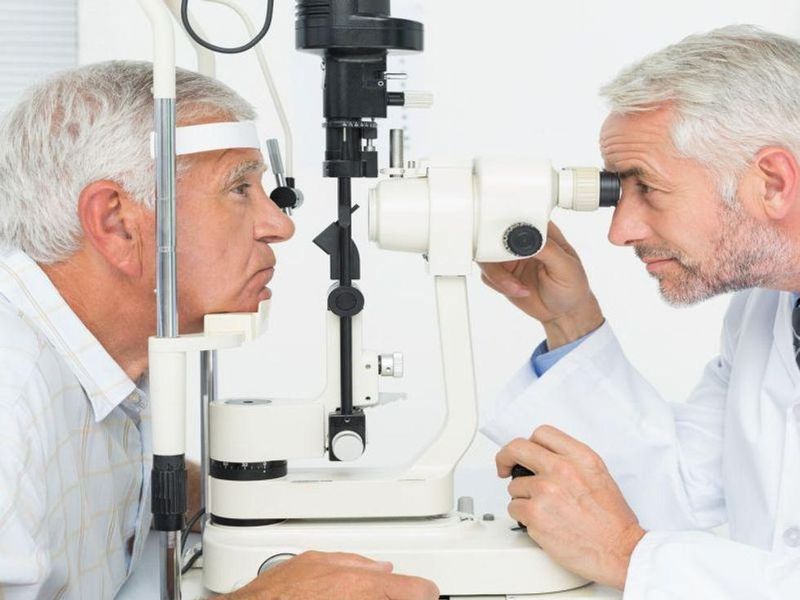FRIDAY, June 10, 2022 (HealthDay News) — For individuals with age-related macular degeneration (AMD), the addition of lutein/zeaxanthin to the Age-Related Eye Disease Study 2 (AREDS2) supplement appears to be safe, according to a study published online June 2 in JAMA Ophthalmology.
Emily Y. Chew, M.D., from the National Institutes of Health in Bethesda, Maryland, and colleagues examined the 10-year risk of developing lung cancer and late AMD in an epidemiologic follow-up study of the AREDS2 clinical trial. Participants with bilateral or unilateral intermediate AMD were included. During the trial, participants were randomly assigned primarily to lutein/zeaxanthin and/or ω-3 fatty acids or placebo and secondarily to no beta carotene versus beta carotene and low versus high doses of zinc. All participants received AREDS2 supplements with lutein/zeaxanthin, vitamins C and E, and zinc plus copper in the follow-up study.
Data were included for 3,882 participants and 6,351 eyes. The researchers found that the odds ratio of having lung cancer was 1.82 (95 percent confidence interval, 1.06 to 3.12; P = 0.02) and 1.15 (95 percent confidence interval, 0.79 to 1.66; P = 0.46) for those randomly assigned to beta carotene and lutein/zeaxanthin, respectively. Comparing lutein/zeaxanthin with no lutein/zeaxanthin, the hazard ratio for progression to late AMD was 0.91 (95 percent confidence interval, 0.84 to 0.99; P = 0.02); the hazard ratio was not significant comparing ω-3 fatty acids with no ω-3 fatty acids (1.01, 95 percent confidence interval, 0.93 to 1.09; P = 0.91).
“This 10-year data confirms that not only is the new formula safer, it’s actually better at slowing AMD progression,” Chew said in a statement.
Bausch and Lomb provided AREDS2 supplements for the AREDS2 study participants during the last five years of the follow-up study.
Abstract/Full Text (subscription or payment may be required)
Copyright © 2022 HealthDay. All rights reserved.


